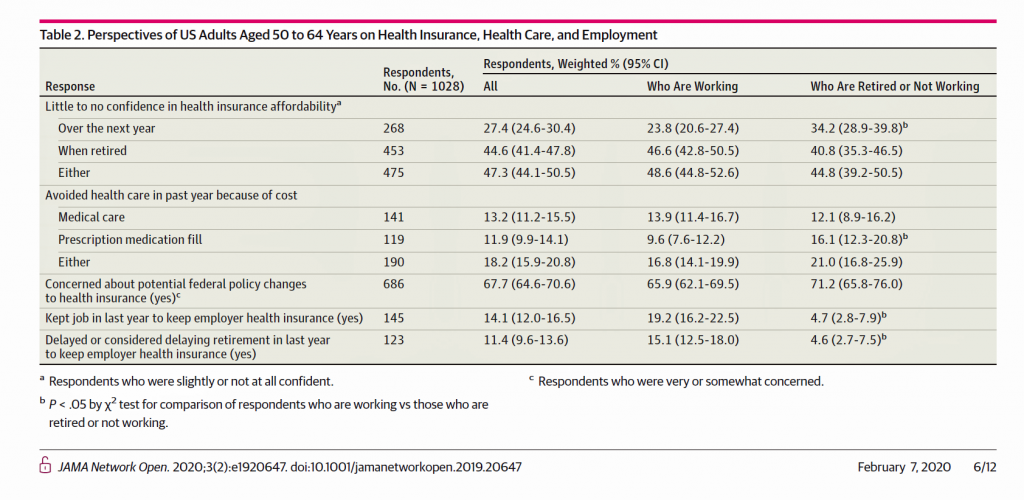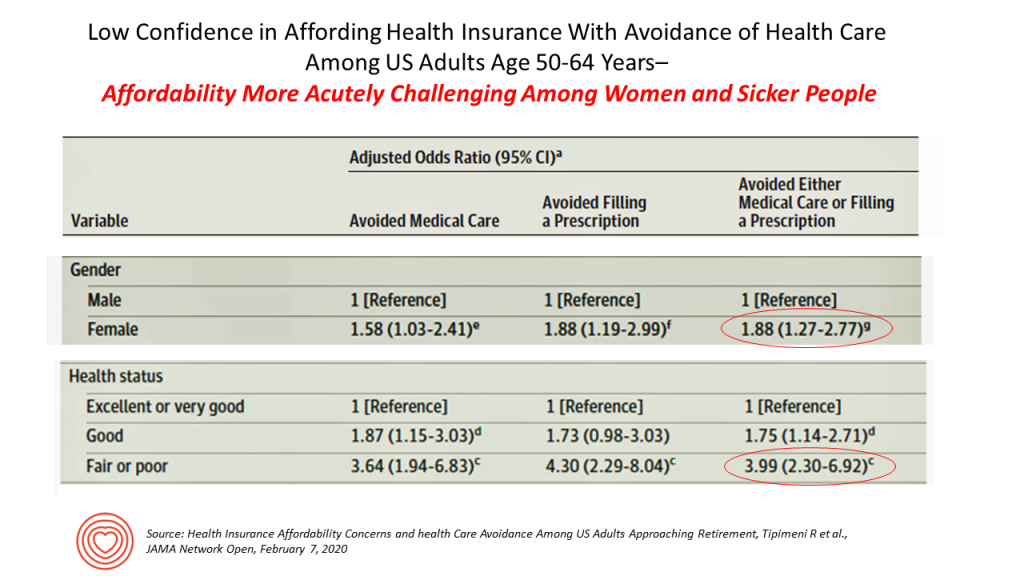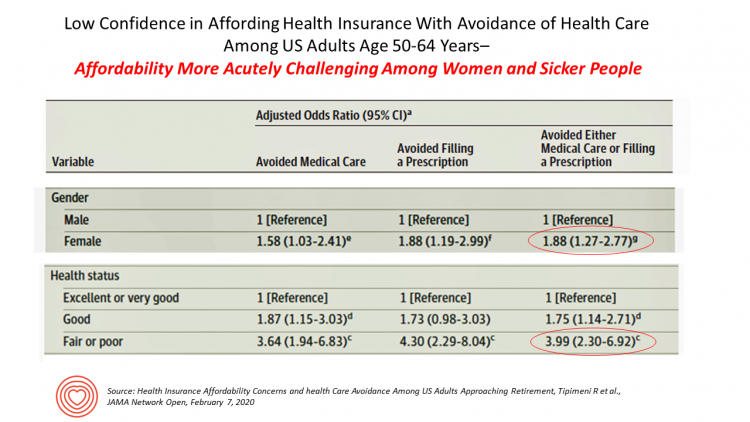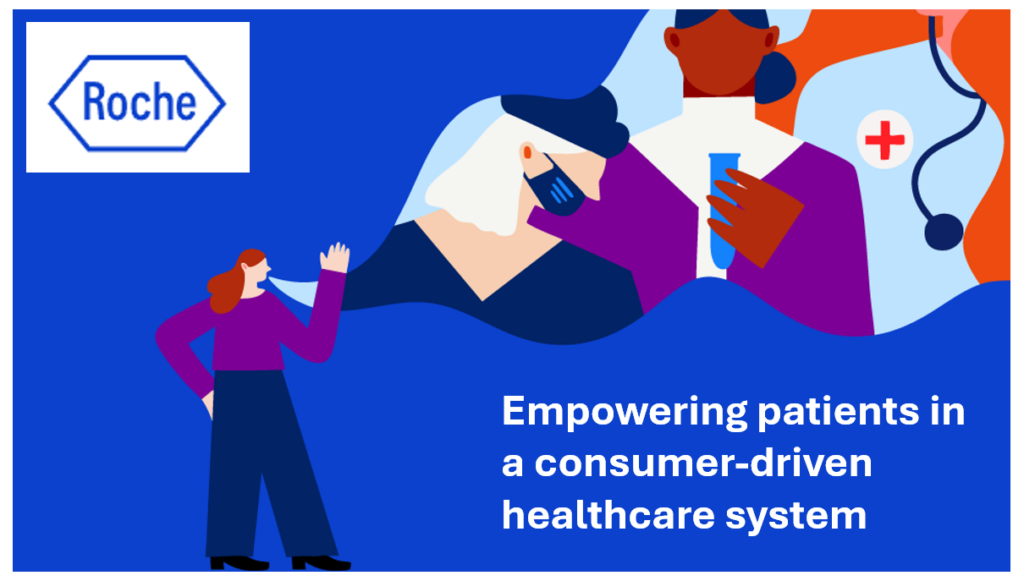 Even with the prospect of enrolling in Medicare sooner in a year or two or three, Americans approaching retirement are growing concerned about health care costs, according to a study in JAMA Network Open.
Even with the prospect of enrolling in Medicare sooner in a year or two or three, Americans approaching retirement are growing concerned about health care costs, according to a study in JAMA Network Open.
The paper, Health Insurance Affordability Concerns and health Care Avoidance Among US Adults Approaching Retirement, explored the perspectives of 1,028 US adults between 50 and 64 years of age between November 2018 and March 2019.
The patient survey asked one question addressing two aspects of “health care confidence:” “Please rate your confidence with the following:”
- Being able to afford the cost of your health insurance nad out-of-pocket costs over the next year; and,
- Being able to afford the cost of your health insurance and out-of-pocket costs when you retire.
The net “low confidence” score bundled people reporting being not at all confident or slightly confident.
One-fourth of older people pre-retirement had low confidence in their ability to afford health insurance and out-of-pocket costs in the next year. One-half said they weren’t confident in their ability to afford health insurance in or near retirement.
Two-thirds of these folks were concerned about potential future changes to their health insurance coverage with changes in federal policies — that is, worries about national health care reform. Nearly 1 in 5 consumers in the study avoided medical care or filling a prescription in the past year due to cost concerns.
 Health Populi’s Hot Points: A detailed data table from the study compares variables in light of the affordability issues of avoiding medical care and/or avoiding fill a prescription. The second chart extracts the demographic variables of gender and health status against health are confidence.
Health Populi’s Hot Points: A detailed data table from the study compares variables in light of the affordability issues of avoiding medical care and/or avoiding fill a prescription. The second chart extracts the demographic variables of gender and health status against health are confidence.
Note that women and people in fair or poor health are at greater risk of feeling no or low confidence in affording health care — either accessing services or filling an Rx.
Women have a nearly 2x greater risk than men at avoiding care or an Rx compared with men. People who are not in good health have a 4x greater risk in terms of affordability.
Considering this research in the current politically-charged year, where health care is top-of-mind for most U.S. voters, this research shows that women, people who are less healthy, and older Americans pre-retirement feel health care in-secure. This is a very large constituency of American health citizens who will represent a large core of health are voters in 2020.





 I was invited to be a Judge for the upcoming
I was invited to be a Judge for the upcoming  Thank you Team Roche for inviting me to brainstorm patients as health citizens, consumers, payers, and voters
Thank you Team Roche for inviting me to brainstorm patients as health citizens, consumers, payers, and voters  For the past 15 years,
For the past 15 years,